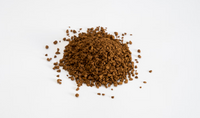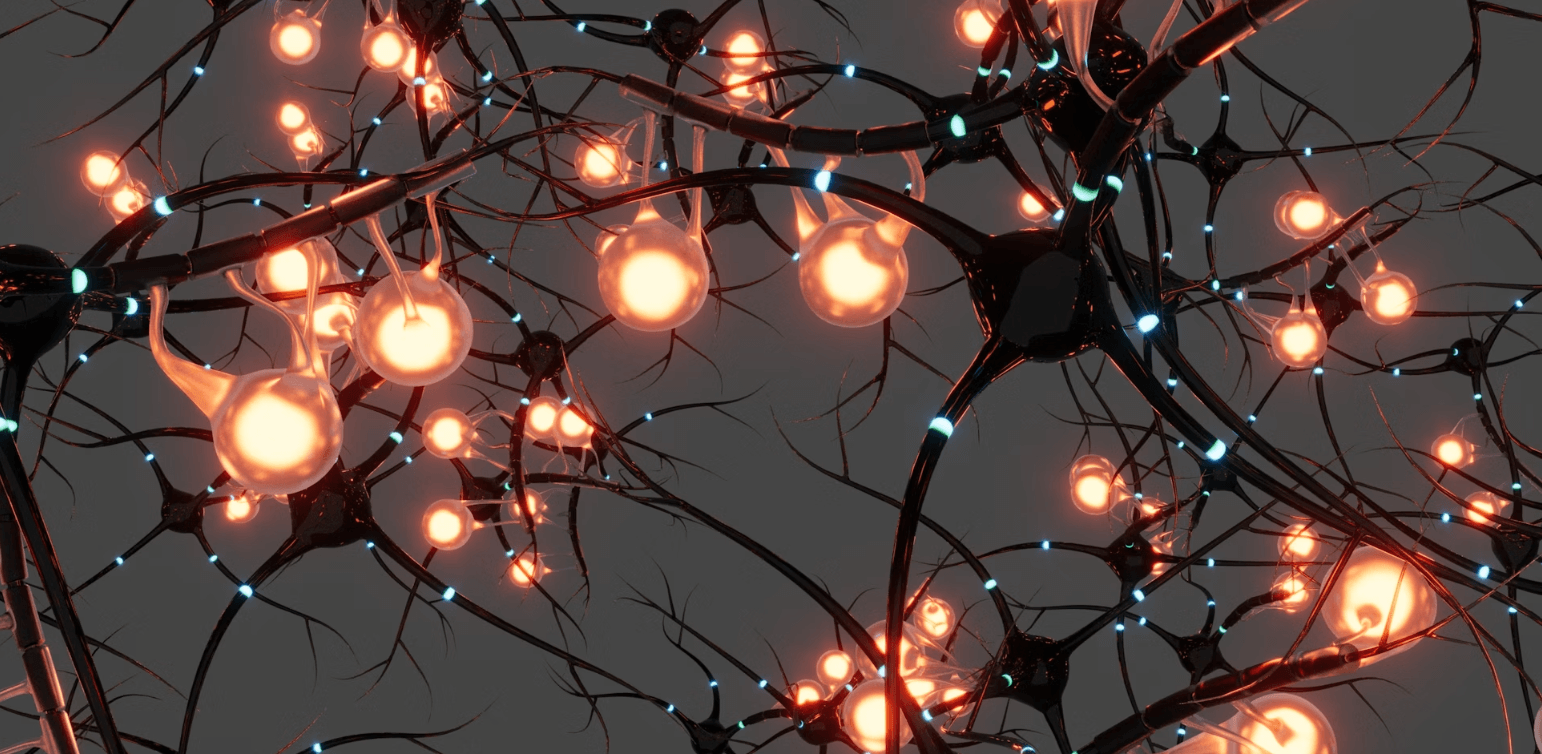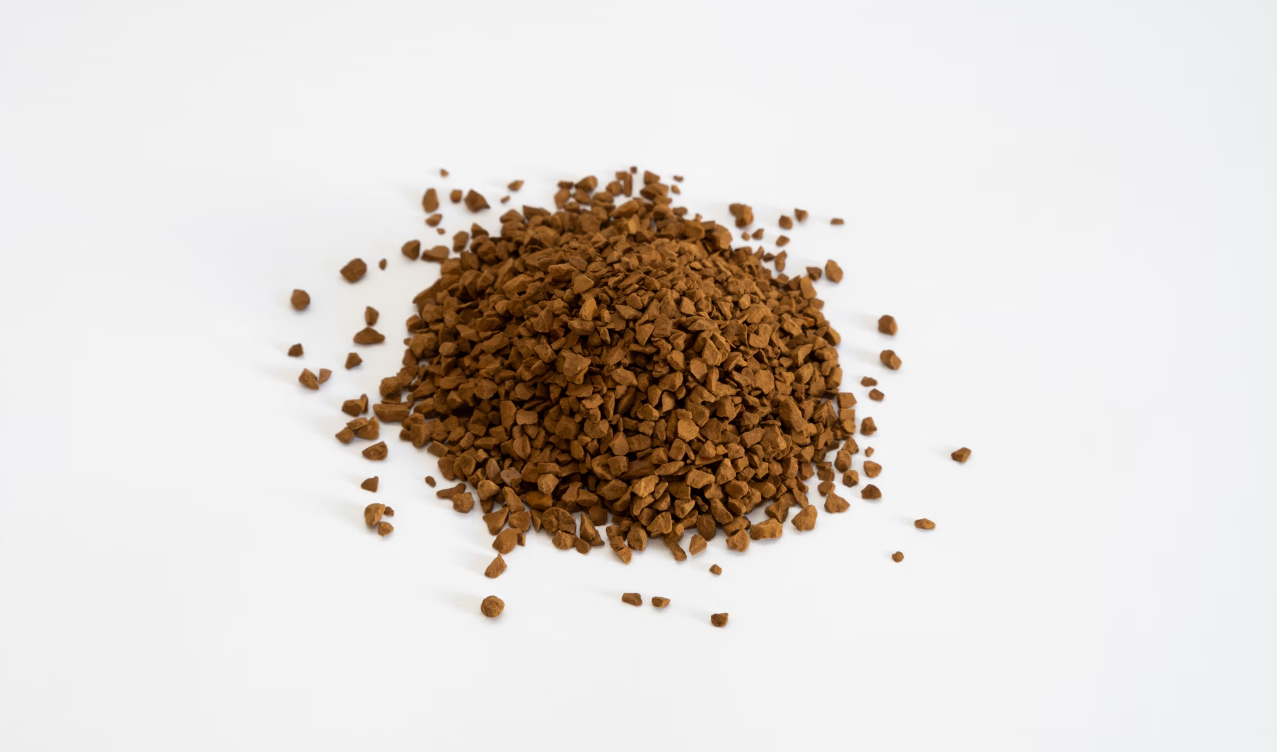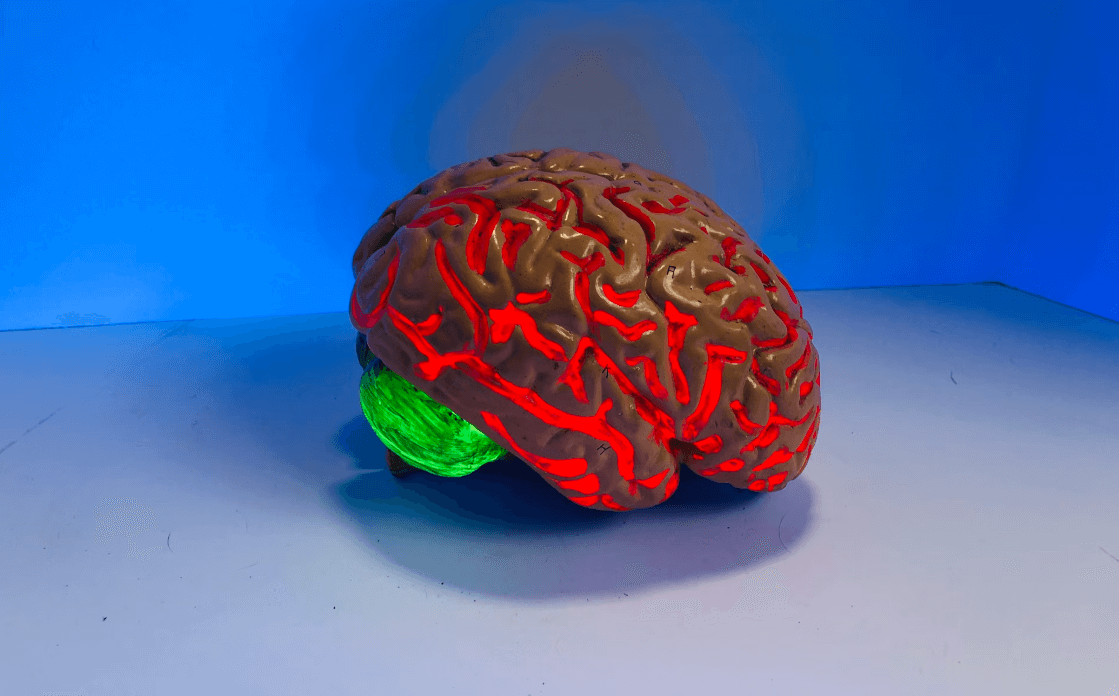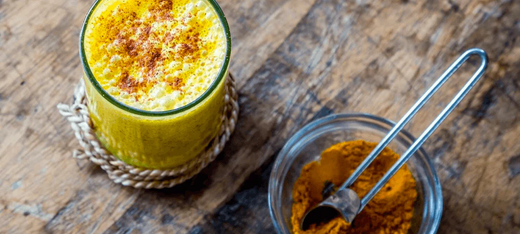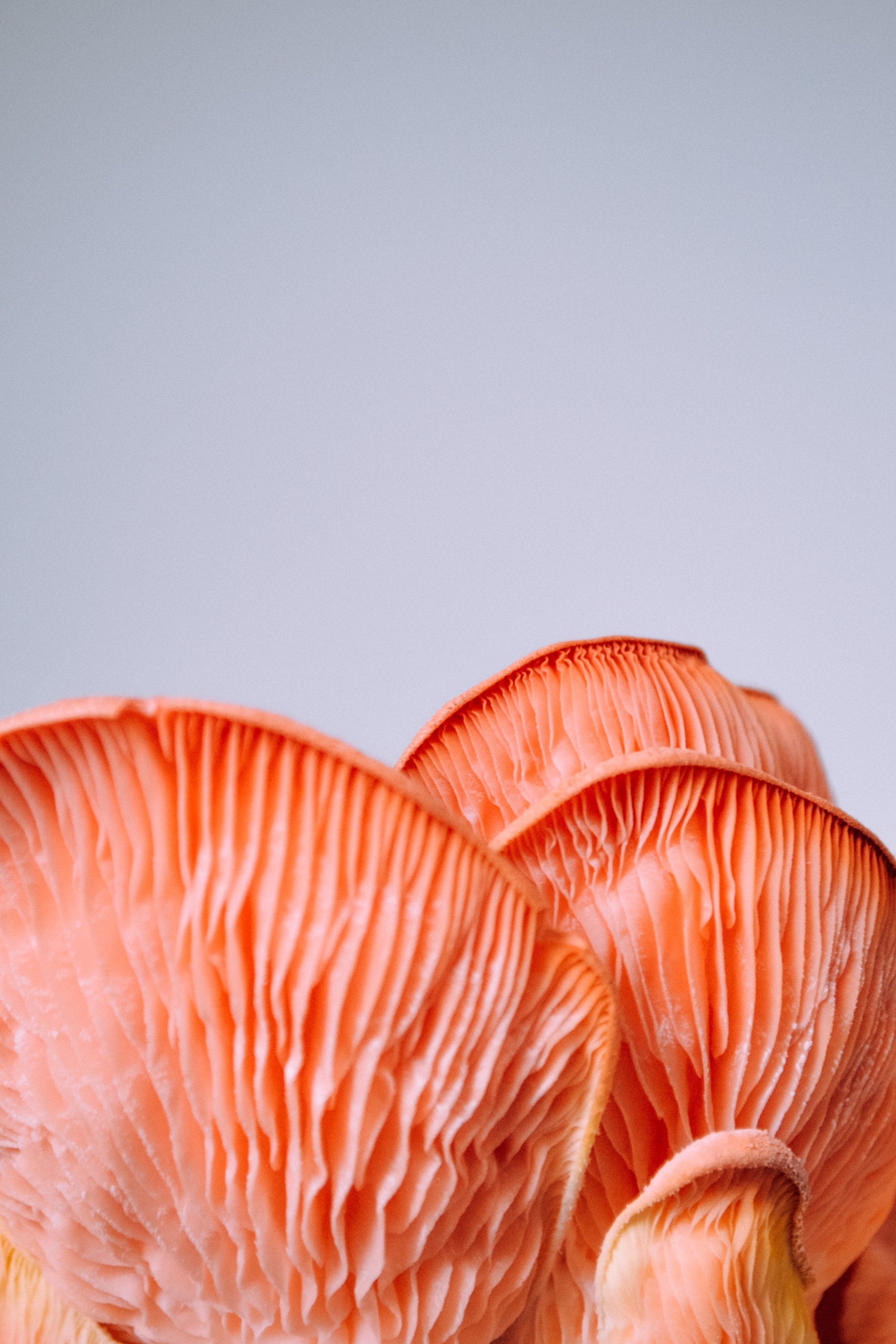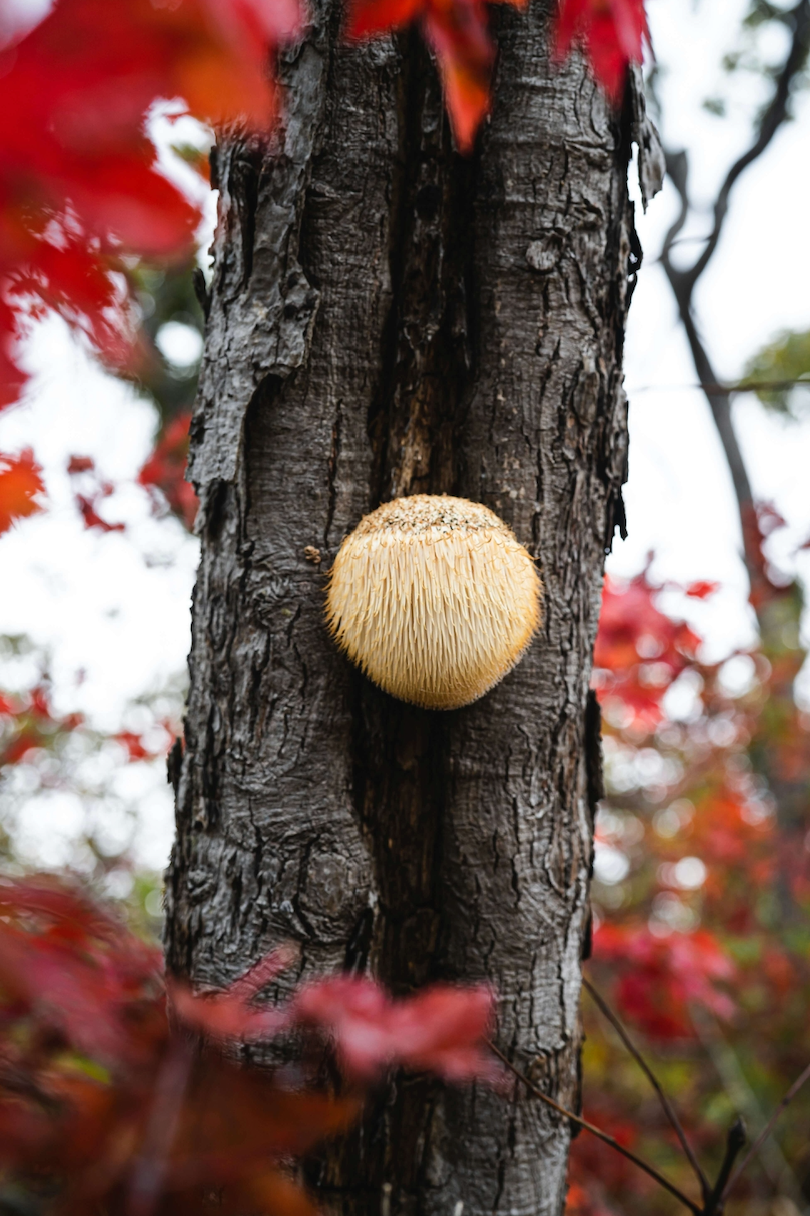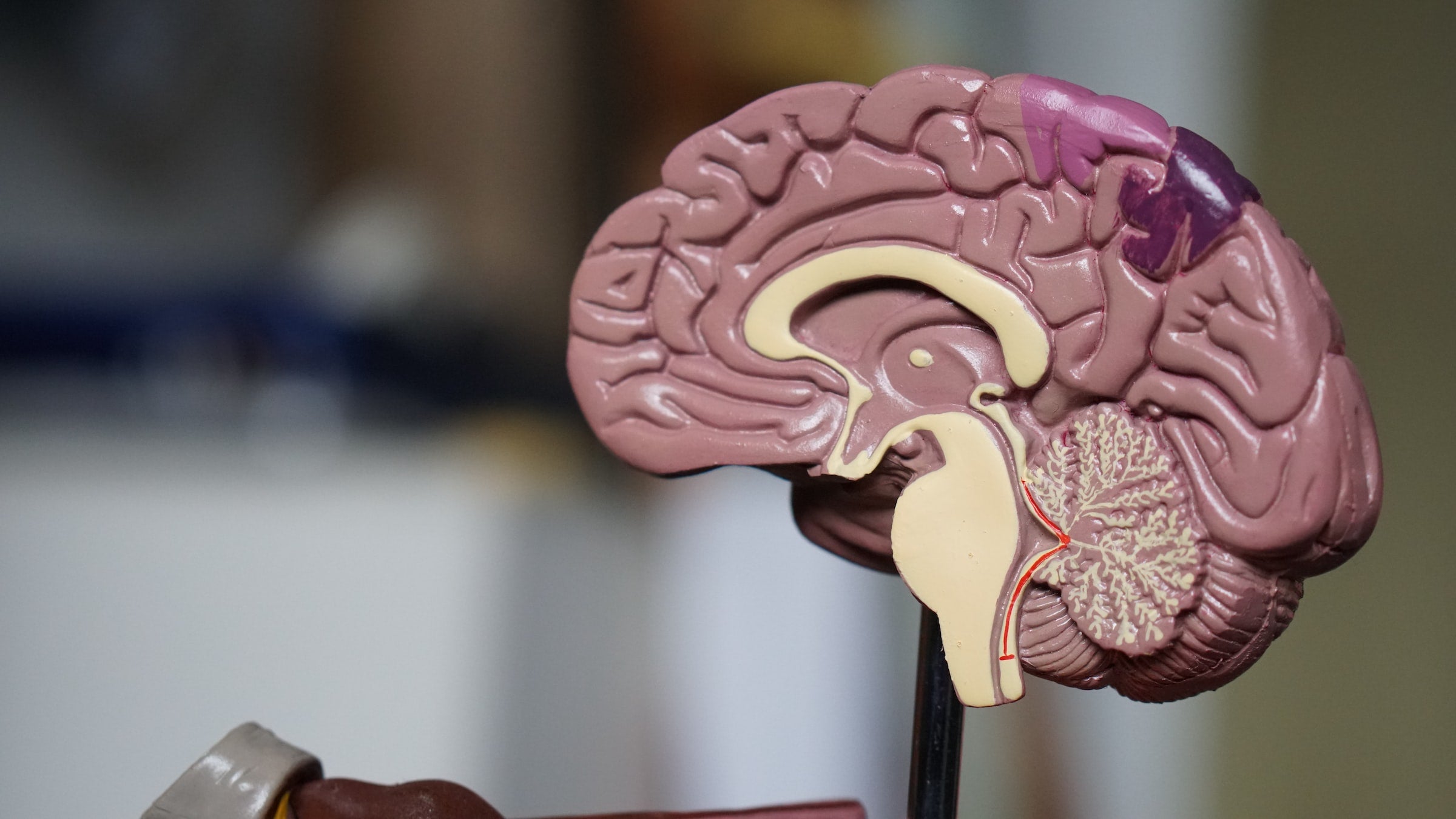Lion’s mane mushrooms are also known as (Hericium erinaceus) is famous for its medical properties used for its potential in treating neurological disorders including damaged nerves.
The major focus of this article highlights the benefits an individual can get from the use of lion’s mane mushrooms in different health issues.
These mushrooms are large, shaggy, white mushrooms that look like lion’s mane when grown completely.
Lion’s mane mushrooms can be enjoyed cooked, dried, raw or sipped as a tea. Their extracts are often used in over-the-counter health supplement
Lion’s mane is ought to be famous in Japan and other Asian countries recognized as ‘’nerves of steel’’ which may stimulate nerve cell growth and regeneration.
Lion’s Mane Mushroom benefits in Multiple Sclerosis (MS)
Multiple Sclerosis (MS) is a central nervous system disorder which directly attacks the immune system by attacking the myelin sheath of neurons.
Currently there is no proper treatment discovered for MS yet. As they say prevention is better than cure. MS can be managed through medications and herbal ways to support the relapse stage.
These medicinal mushrooms have shown evident and promising results in treating neurological diseases including MS. Lion’s mane mushrooms are quite famous in Asian medicines but recently added to Western medicine
A research indicated that the use of lion’s mane mushroom’s extract used to treat rats with severe nerve injury were subject to accelerated improvements in their diseases and promoted faster regeneration as compared to group of rats not treated with it.
Lion’s mane may support in receiving a quick and easy recovery from MS relapse. They are consistently rich with other minerals and vitamins
Lion’s mane mushrooms can be easily accessible in the forests of Asia, Europe and North America. For people it remains unreached there are products rich in these mushrooms (TEA!) which tastes both delicious and healthy.
Lion’s mane mushroom also proved to stimulate a decreased level in beta-amyloid plaques, which are the proteins that produce in the myelin sheath and disturb the neurotransmission.
These mushrooms have the tendency to stimulate the synthesis of Nerve Growth Factor (NGF) which is a protein which gives rise to the promotion of nerve cells and regeneration.
Other Health Benefits
Lion’s mane mushrooms and their distinctive compounds are quite significant in possibly supporting the treatment of number of diseases which include:
- Alzheimer’s
- Inflammation
- Oxidative Stress
- Parkinson Disease
- Anxiety and Depression
- Gut and Digestive system ulcers
- High cholesterol levels
- Dementia
- Diabetes
- Heart Diseases
- Cancers
Although, the research regarding the substantive health benefits of lion’s mane mushrooms is limited. These findings variously depends on test tubes researches and animal based studies.
In contrary to their health benefits, the extracts or the mushrooms as whole are quite effective in supporting the immune system and stimulating the digestive systems with its extensive components and herbal effect.
Despite of numerous health benefits, people in Asian countries possibly use them for culinary purpose which indicates how delicious they can be often tasted like yummy sea food.
Use of Lion’s Mane Mushrooms in Cognitive Health
There are various possibilities of the lion’s mane mushrooms a golden benefit that may support the cognitive function although the current study is only evident on animals.
In one of the current study, the lion’s mane dietary supplement extracts were given to rats which showed a greater degree of object recognition and memory.
Other findings have concluded that this has a potential benefit is treating diseases that creates a downfall in cognitive functions such as Alzheimer’s and Parkinson disease.
A Japanese study in past reported that taking extracts of lion’s mane mushrooms for 16 weeks in patients with mild cognitive deficiency of merely age 50-80 showed higher scores of cognitive functions as compared to people who did not .
These levels and score of cognitive functions were decreased once the lion’s mane mushrooms consumption was paused.
These researches and studies look a bit vague when comes to human, but a herb may support your health at various stages rather having multiple side effects like other carcinogenic substances.

Enhancing the Digestive System
Lion’s mane mushrooms added to one’s lifestyle tends to be productive in numerous senses as its anti inflammatory properties support the diseases like inflammation and problems in the digestive system.
It is considered to be beneficial for people suffering from inflammatory bowel disease. (IBD)
A vitro studies reports add on that lion’s mane extracts can result in antibacterial activity. Thus that may be effective in improving a human’s digestive system.
Lion’s mane extract may protect from the causation of stomach ulcers by inhibiting the growth of a bacteria called H.Pylori and protecting stomach lining from damaging.
However, all these researches and studies lack major human references as either of them are based on herbal supplements consisting of mushrooms or the use of lion’s mane mushroom on animals.
Effects on Immune System
Lion’s mane mushroom has relatively positive effect on a being’s immune system by reducing the effect of inflammation and preventing oxidization in body.
Animal researches on mouse enable us to be collective in the area that the use of lion’s mane will tend to boost an immune system by boosting the activity of intestinal immune system.
Compounds lion’s mane consisted on ought to be improving immune function in mouse. A component known as polysaccharide present in the lion’s mane mushroom increased humoral immunity and cell mediated activity.
These polysaccharides tend to stimulate the immune cell activity in the intestinal walls of the stomach.
Lion mane helps to support the anti bacterial immune response. Mainly in a study conducted on mice, a lethal dose of Salmonella typhimurium was supported by Lion’s mane mushroom increases the lifespan of a mice and helps to regulate liver damage.
However, there are still needless researches to be conducted on the effect of Lions mane on human’s immune system.
Lion’s mane is effective in dealing with body fat deteriorating, in a research concluded on mice with high fat diet, there was a relatively fastest decrease in body fat, body weight and blood and liver triglyceride levels.
Lion’s mane has been known as a potential cholesterol lowering agent.
Also see: Cordyceps: A Mushroom With Some Serious Health Benefits
Cancer Research
A research in 1992, conducted on animals gave significance effect on killing out the host cells in animals. The components found in lion’s mane increased the longevity and reduced the morality of host cells.
Lion’s mane promotes the productivity of TH1 response which may support in fighting the tumors.
Lion’s mane inhibits the blood flow to cancer cells and the movement of these cells to other organs. Researchers conducted a study on mice, which showed the inducement of cancer cells death and inhibited the metasis to the lungs. (10)
Lion’s mane is ought to be useful as per the researches currently ongoing to be a cause of prevention or cure from different types of cancer which includes
- Blood Cancer (Leukemia)
- Breast Cancer
- Stomach Cancer
- Liver Cancer
- Colon Cancer
One study in mice with colon cancer, treated with lion’s mane extract reduced the spread of cancer cells to the lungs by 69%.
Nevertheless, lion’s mane mushroom extract was more beneficial and effective in treating cancer rather than traditional medicines in decelerating the tumor growth in mice concluding really less or no side effects.
Preliminary research suggests that lion's mane shows promise in protection against cancer. For an instance, in a 2011 study published in Food & Function, tests on human cells revealed that lion's mane may help knock out leukemia cells in a human
However, there are still various researches been conducted on this scenario and no vivid conclusions can be reached on the effect of lion’s mane mushroom on cancer in humans.
A fighting agent in anxiety and depression symptoms
Around one-third of the population living in developed countries faces severe symptoms of depression and anxiety due to their lifestyles and unhealthy eating habits.
Extracts inhibit from lion’s mane mushrooms has effective impact in fighting against the mild symptoms
In a study conducted in 2015, it showed that mice treated with lion’s mane mushroom’s extract showed less depressive behaviors and ‘blood markers’ which specify lower depression. The researchers indicate that this is due to its exclusive anti-inflammatory effects.
A study conducted in 2018, on animals support this statement by authors that ‘’the extract of these lion’s mane mushrooms may contain agents that are useful for treating depressive disorders.
One small study was conducted in Japan on a group of women with a number of health complaints, including birth problem, poor sleep patterns and menopause. They ate cookies consisting of these lion’s mane mushroom’s extract or placebo cookies over a period of four weeks.
The group of women/ participants who ate these extracts reported lower signs of anxiety and lower levels of irritation as compared to those who were in placebo group.
Amycenone, a lion’s mane component had antidepressant effects in mice.
Although, these various researches in animals look promising but still the level of research and studies in human is quite unsatisfactory and requires more research and experiments.
Also see: How to Get a Better Sleep Naturally?
Blood Glucose and Diabetes
Diabetic conditions in people can be managed by controlling the blood sugar levels in a body.
A higher diabetic level can be detrimental for a number of reasons which include nerve damages usually resulting from prolonged higher levels of diabetes.
A study on rats indicate that, rats with diabetes showed lower blood sugar after they were put on an extract on lion’s mane mushrooms for nearly four weeks.
The use of lion’s mane extract was effective on rats with higher blood sugar levels by reducing their blood sugar levels, improving anti oxidants activity and reducing the feelings of nerve pain.
Lion’s mane also increased blood glucose tolerance in diabetic patients and increased their levels of insulin in blood.
In rats inhibiting diabetic neuropathy pain, lion’s mane extracts significantly increased the pain of threshold which also concurrently improved glucose levels.
Although, since these are used as culinary product as well. These medicinal mushrooms are with one of the distinctive quality of one of the highest anti inflammatory properties.
Since reduced inflammation gives rise to a better blood flow, which provides body with more oxygen. Therefore, more oxygen in body transmits better brain performance in body.
One way lion’s mane mushrooms block the excessive sugar levels in body is through blocking the production of enzymes ‘alpha glucosidase’ which breaks down carbs in the small intestine.
The study and research regarding the effect of lion’s mane as diabetic functions on animals is quite significant and effective. However, the research regarding lion’s mane effect on diabetic human is insignificant and requires more research.
Healthy Aging and Skin Aging
Lipofuscin is a waste product in animals and humans which tend to be a product of aging metabolism. It continuously works in cells aging.
It is evident from researches that the use of lion’s mane content including polysaccharides reduces the lipofuscin content in mice and flies.
Lion’s mane is also effective in reducing markers of aging in human cell cultures.
On the other hand, lion’s mane has adverse effects on anti-skin aging. Polysaccharides found in lion’s mane mushroom are considerably regarded to enhance the antioxidant enzyme activities and increase collagen level in aged skins rats.
Studies are quite significant in this regard and give rise to creating the best solution for all women out there. A one stop solution which can give effect to aging, a worst nightmare for women.
Lion’s Mane Effectiveness in Fatigue and Bone Density
In mice, lion’s mane tends to extend the exhaustive swimming time, decreased biochemical parameters that relates to fatigue, urea nitrogen, lactic acid and malondialdehyde.
Moreover it increases the tissue glycogen content and anti oxidant enzyme activity.
Lion’s mane compounds inhibit the osteoclasts cells that can initially break down bone tissues in the laboratory.
Lion’s mane extracts are vividly effective in improving bone density and strength greatly in rats as per a research.
Reduces the Risk of Heart Diseases
Majority of the risk factors of heart diseases goes around the issues like high cholesterol levels, obesity, and formation of blood clots in the human body.
An important research shows how lion’s mane is effective in reducing the risk of heart diseases and vitiating these risks.
Various studies on rats have indicated how the extracts of lion’s mane hold significance in lowering down triglyceride levels and improving fat metabolism.
Since the heart is the vital organ protecting it, should be a human’s priority which can be supported by the use of Lion’s Mane Mushrooms usage in the daily lifestyle.
Since the test tubes studies have contributed in explaining the factors that Lion’s Mane extract can prevent the oxidization of cholesterol and lower the risk of it entering into the bloodstream.
The list of benefits does not end here, Lion’s Mane is rich in components like ‘hericinone B’ which can deliberately decrease the issue of blood clotting and prevent the risk of strokes.
Anti-Viral and Anti-Oxidant Activity.
Lion’s Mane proposes many anti-oxidants and aniti-viral properties, likewise in a study found that a lectin, a substance that is found in Lion’s Mane inhibits HIV-1 reverse transcriptase activity, which is important for the HIV virus to reproduce itself.
Its distinctive quality carries a number of benefits Lion’s mane possesses antioxidant properties; a boiled decoction of the mushroom had antioxidant activity in a dish which was about 17% as strong as quercetin.
Although these researches and the significance is unclear and require more efforts to be put onto for final results but this creates a hope for many diseases.
Also see: Ingredients: What's in Grateful Earth's Super Brain Blend 3-in-1 Coffee?

Side Effects and Dosage of Lion’s Mane
Lion’s mane is considered as an edible mushroom which is tending to be safer when used in smaller quantities. However there is currently no available safety data in regard of the usage of lion’s mane extract.
Although there was one case of chronic respiratory allergy concerned in human and one case allergic contact dermatitis
Therefore, it is advised that anybody suffering from any chronic disease take lion’s mane with doctor’s prescription. Whereas, someone allergic to mushrooms avoid its use as it’s a specie of mushrooms.
However, even the use of high dosage in rodents did not show any vital significance of side effects to them.
The extract of lion’s mane mushrooms is of great benefit to both the health and lifestyle to human beings. Few researches and studies support these benefits greatly.
If consumed in a coffee extra it can for sure taste divine and ‘’OHM-MAZZING!’’ For sure great enough to be on your taste buds and a part of your healthy lifestyle.

